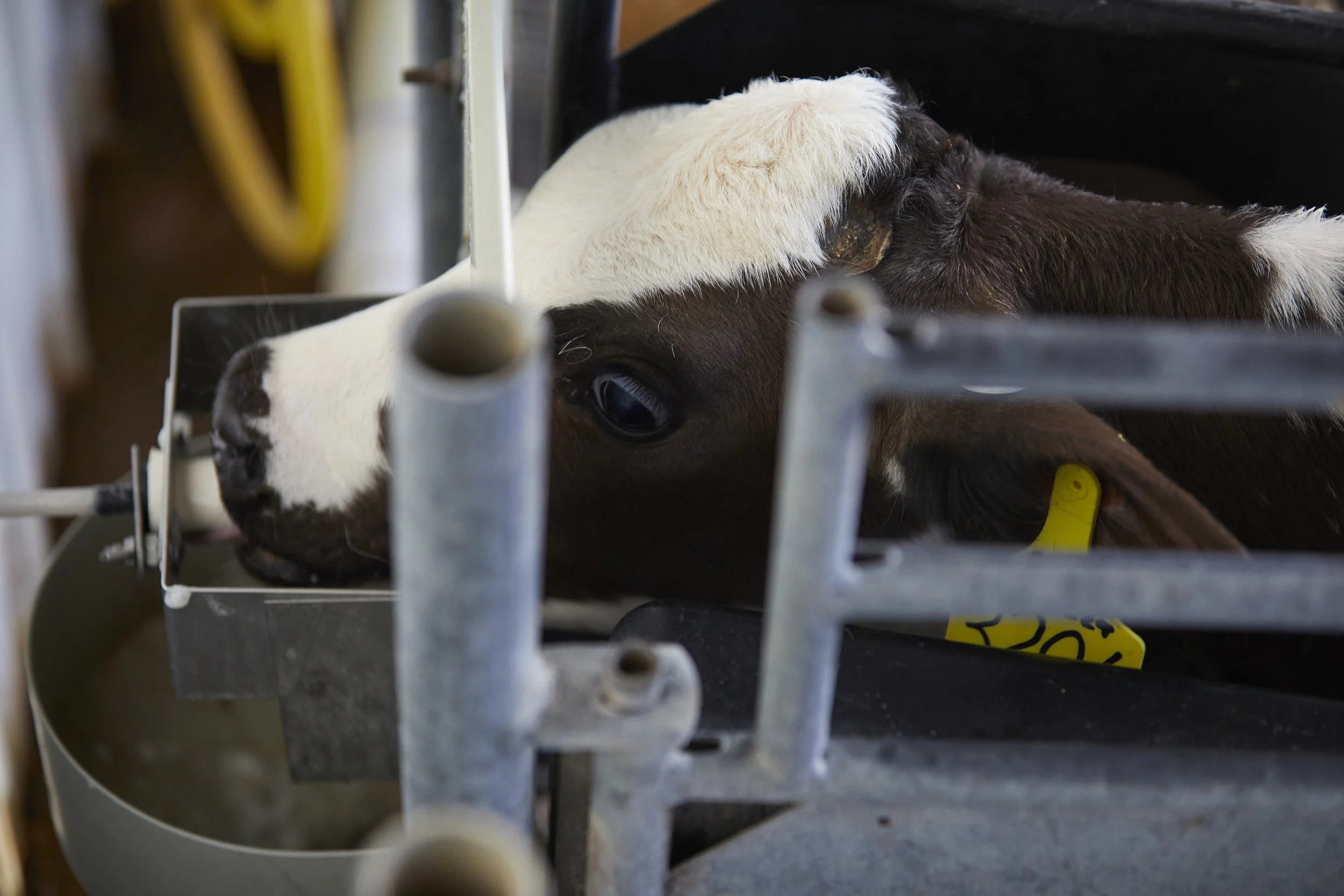No Kidding! Strauss Makes Lamb and Goat Milk Replacer, Too
At Strauss Feeds, calf milk replacer has been a mainstay of our business for more than 50 years. But we are truly infant animal health specialists, and also manufacture lamb and kid milk replacers.
Both species have occasional orphans, and nearly all dairy goats are raised independently from their mothers. Similar to dairy calves, their liquid nutrients usually are delivered via milk replacer. And in many commercial sheep operations, one lamb is left on the dam to nurse, but additional offspring are raised on milk replacer as well.
We also supply lamb and kid colostrum replacer, which is helpful to flocks and herds struggling with vertical diseases that can be passed from dam to baby. Ewes infected with Ovine Progressive Pneumonia (OPP) and does infected with Caprine Arthritis Encephalitis (CAE) can transmit these diseases through their colostrum, so an alternative colostrum source is important.
Lactose (milk sugar) is difficult for lambs to digest and can lead to gastrointestinal pain and scours. Sheep’s milk is naturally high in fat, which suppresses the amount of lactose it contains. Using sheep’s milk as a model, Strauss lamb milk replacers contain 24-26% protein and at least 30% fat.
“Like our calf milk replacers, all of our ingredients are subject to strict quality standards.”
Lambs also are highly susceptible to copper toxicity, especially in the milk-feeding phase. Strauss lamb milk replacers contain no added copper. Even low levels of copper can be deadly over time if the water source used to reconstitute the milk replacer adds to the copper load, so our product contributes none to the liquid ration.
Kids absorb copper differently than lambs and are not in danger of copper toxicity and liver accumulation like lambs. They also are not as sensitive to lactose, so their milk replacer formulations are closer to the protein and fat levels we would feed Jersey calves – in the neighborhood of 25:28.
Both lambs and kids in commercial flocks and herds are often fed with mob feeders. To help prevent clostridial infections caused by binge eating, these feeders contain a steady milk supply that is replenished throughout the day and night. All Strauss lamb and kid milk replacers contain a mild acidification agent to limit the potential for harmful bacterial growth in these systems.
Like our calf milk replacers, all of our ingredients are subject to strict quality standards. We process many of them ourselves – like spray-dried fat and protein – so we are assured of careful and consistent manufacturing processes.
And the same as our calf milk replacers, Strauss small ruminant milk replacers contain organic, chelated minerals, which are more readily absorbed in the small intestine. They also are far less likely to build up in the liver over time, and are simply excreted if they are not needed by the animal.
Because of their small body size, lambs and kids are even more prone than calves to digestive upsets and potential clostridial issues if the solids levels in their milk replacer are excessive or inconsistent. Thus, proper mixing protocols are essential:
Always use a scale to measure the powder.
Start reconstituting using one-third of the total water volume, at a temperature of 110°F, to dissolve the powder.
Add the remainder of the water.
Run the solution through a colander or screen to ensure complete dissolution.
Check the feeding temperature with a thermometer. Ideal feeding temperature is around body temperature – 100-102°F.
Late winter into early spring is an exciting season on most lamb and goat farms, as new babies arrive around the clock and the work day for human caretakers also seems endless. Prior to this busy season, it is highly advised to thoroughly scrub down and sanitize liquid feeding equipment and feeding rooms or pens, so they are clean and ready to welcome new babies.
During the rearing season, those mob feeders should be thoroughly drained, rinsed, and sanitized at least once a week – and more frequently if possible – to keep disease-causing organisms at bay.
Baby lambs and goats are amazingly efficient, fast-growing creatures that can triple their birth weight in a matter of weeks. At Strauss Feeds, we are proud to provide high-quality, consistent milk replacer formulations to help those young lives thrive.



It takes hard work and considerable investment to create a newborn calf. So, when that calf hits the ground, we want to do everything we can to give it the best possible start to a healthy and productive life.